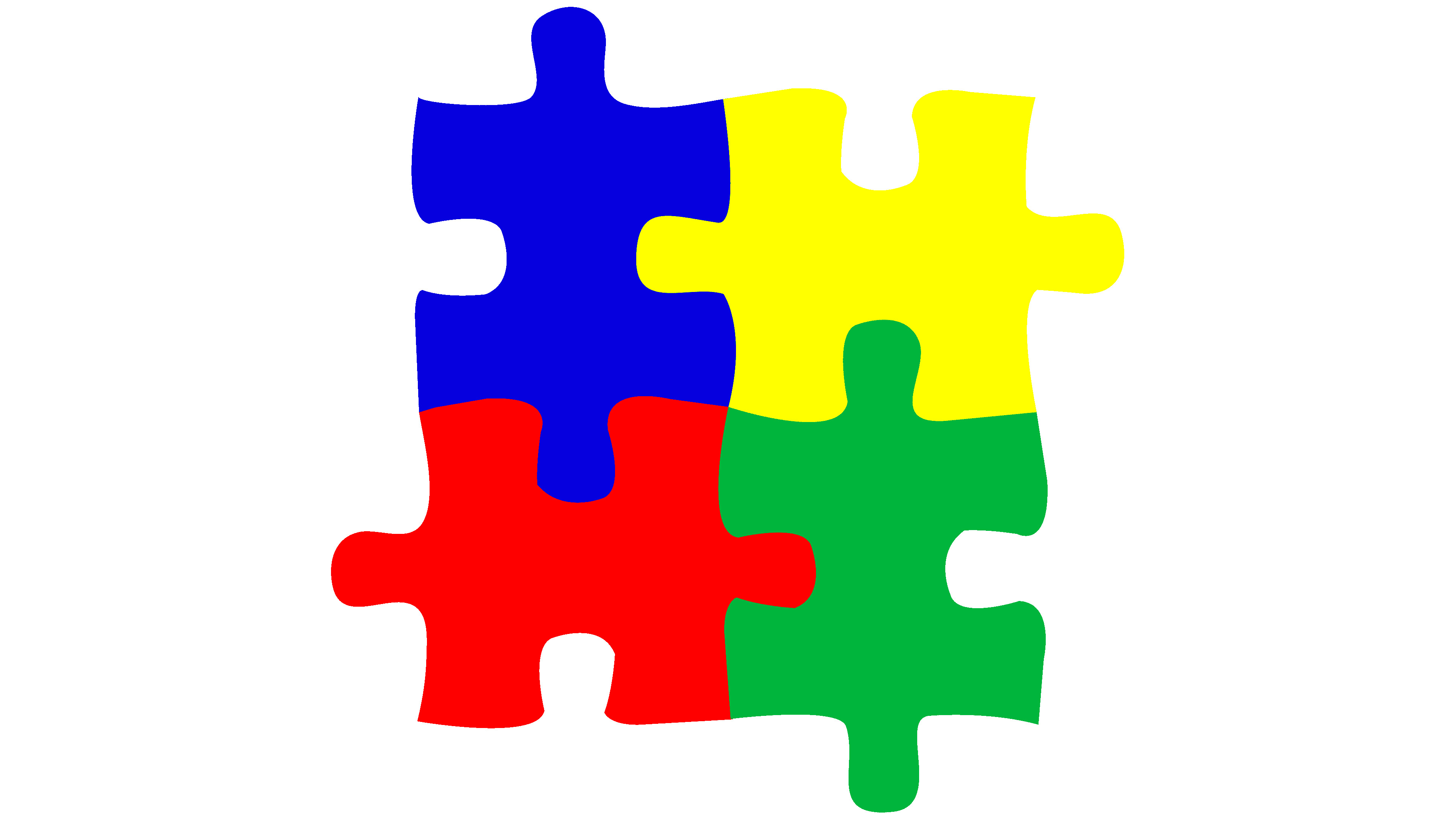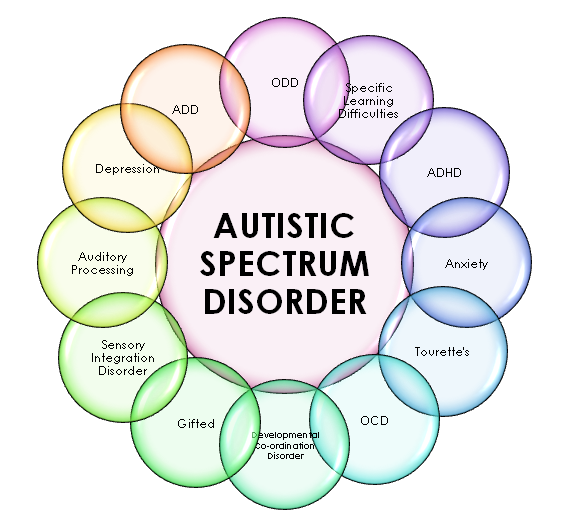Ingenious Therapies and Treatments: Advancements in Autism Research Study
Ingenious Therapies and Treatments: Advancements in Autism Research Study
Blog Article
Recognizing Autism: A Comprehensive Guide to Symptoms and indicators
Autism Spectrum Condition (ASD) includes a vast range of qualities that can considerably influence a person's social interactions and everyday functioning. Comprehending these subtleties not just help caretakers and teachers in giving appropriate support however likewise promotes a much more inclusive atmosphere for individuals with ASD.
Review of Autism Spectrum Disorder
Defining Autism Range Problem (ASD) entails identifying it as an intricate neurodevelopmental problem identified by an array of obstacles in social interaction, communication, and behavior patterns. The term "range" mirrors the large irregularity in signs and their seriousness, which can differ considerably from one individual to one more. ASD commonly shows up in early childhood, although some individuals might not get a diagnosis until later on in life.
Variables affecting the advancement of ASD include environmental variables and hereditary predispositions, although the exact causes continue to be under examination. Diagnosis typically relies on behavior evaluations, as there are no conclusive medical examinations for ASD. Early intervention is essential and can significantly boost results, concentrating on improving communication abilities, social interactions, and adaptive behaviors.
People with ASD may additionally display unique toughness, such as phenomenal focus to detail or details locations of knowledge. Understanding the diverse nature of ASD is essential for promoting an inclusive atmosphere that suits neurodiversity. Continued study is important for creating efficient treatments and support group, allowing people with ASD to thrive and meet their potential within society.
Usual Signs of Autism
Identifying the typical indicators of Autism Spectrum Disorder (ASD) is crucial for very early identification and intervention. These signs can vary widely in severity and discussion, however particular characteristics are often observed in people with ASD.
One of one of the most widespread indications is a significant difficulty in keeping and developing eye contact. Individuals may also display minimal rate of interest in social interactions and show a preference for solitary play. Repeated actions, such as hand-flapping, rocking, or rotating things, frequently arise early in childhood years. Additionally, some youngsters may create rigorous routines and become distressed if these regimens are disrupted.
Sensory level of sensitivities are likewise typical; individuals might underreact or overreact to sensory stimulations, such as structures, noises, or lights. autism. Language growth can be irregular, with some kids displaying delayed speech or making use of language in uncommon methods, including echolalia-- duplicating sentences or phrases heard somewhere else
It is essential to keep in mind that not every person with ASD will display all these indicators, and the degree of these habits can differ significantly. Early acknowledgment enables for timely assistance and resources, boosting the lifestyle for those on the spectrum.
Social Interaction Obstacles
Social communication obstacles are a trademark of Autism Spectrum Problem (ASD), influencing an individual's capacity to involve effectively with others. These troubles can materialize in numerous methods, including obstacles in initiating and maintaining discussions, comprehending social signs, and responding suitably in social interactions.
People with ASD may struggle with nonverbal interaction, such as eye contact, faces, and body language. This can cause misunderstandings, as their communicative intent might not be appropriately translated by others. Additionally, they might find it hard to understand the subtleties of tone and context, which are vital for effective communication.
In group setups, people with ASD may feel overloaded and might not know exactly how to sign up with in discussions (autism). They could likewise show atypical conversational patterns, such as monologuing about certain interests without identifying social reciprocity
Furthermore, these obstacles can cause social seclusion or difficulties in forming connections, as peers might misunderstand their actions or communication style. Comprehending these social communication difficulties is crucial for cultivating supportive atmospheres that promote social skills advancement and improve the high quality of communications for people on the autism range.
Sensory Feedbacks and sensitivities
Several people with Autism Range Condition (ASD) experience enhanced sensory level of sensitivities that can dramatically influence their every day lives. These level of sensitivities might materialize as over-responsiveness or under-responsiveness to sensory stimuli, including sounds, lights, textures, preferences, and scents. An individual with ASD might discover everyday sounds, such as a vacuum cleanser or crowded atmospheres, overwhelmingly stressful, leading to stress and anxiety or meltdowns. Conversely, some might display an indifference to pain or severe temperature levels, which can position safety concerns.
Sensory handling differences in individuals with ASD can additionally impact their ability to involve in regular tasks and social communications. For example, a youngster who is delicate to touch may stand up to physical affection or stay clear of certain apparel materials. Conversely, a preference for specific textures or tastes can restrict dietary choices and create difficulties throughout mealtimes.
Comprehending these sensory level of sensitivities is important for acknowledging the one-of-a-kind experiences of people with ASD. Awareness of their sensory accounts can foster much better communication and assistance approaches, developing an environment that fits their requirements and boosts their lifestyle. Eventually, recognizing sensory level of sensitivities is a critical component of comprehending the broader spectrum of autism.

Supporting Individuals With Autism
Reliable support for individuals with Autism Spectrum Condition (ASD) is crucial for improving their total health and fostering self-reliance. Assistance approaches should be tailored to satisfy the special demands of each individual, considering their strengths and difficulties.

Social skills training can likewise play a pivotal role. autism. Engaging individuals in group activities or role-playing situations can improve their capacity to browse social communications. In addition, it is important to inform family members, caregivers, and peers regarding ASD to promote Web Site a helpful and inclusive neighborhood
Final Thought
To conclude, a thorough understanding of Autism Range Problem is crucial for identifying its signs and symptoms and indicators. Early recognition of typical attributes, such as social communication challenges and sensory sensitivities, enables instructors and caregivers to execute effective interventions. By cultivating boosted interaction and social skills, people with autism can browse their atmospheres much more successfully. Inevitably, boosted understanding and assistance can dramatically enhance the high quality of life for those influenced by ASD.
Autism Range Disorder (ASD) incorporates a broad range of features that can considerably influence an individual's social communications and everyday performance.People with ASD might struggle with see it here nonverbal interaction, such as eye contact, face expressions, and body language.Many individuals with Autism Range Condition (ASD) experience enhanced sensory sensitivities that can dramatically impact their everyday lives.Sensory processing differences in people with ASD can also affect their ability to engage in social interactions and routine tasks.Comprehending these sensory level of sensitivities is important for identifying the unique experiences of individuals with ASD.
Report this page